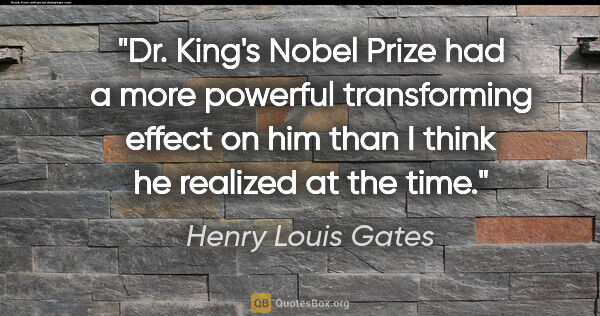One might be tempted to extol as an advance over Sophocles the radical tendency of Euripides to produce a proper relation between art and the public. But "public," after all, is a mere word. In no sense is it a homogeneous and constant quantity. Why should the artist be bound to accommodate himself to a power whose strength lies solely in numbers? And if, by virtue of his endowments and aspirations, he should feel himself superior to every one of these spectators, how could he feel greater respect for the collective expression of all these subordinate capacities than for the relatively highest-endowed individual spectator?
Friedrich NietzscheAbout author
- Author's profession: Philosopher, Writer
- Nationality: deutsch
- Born: October 15, 1844
- Died: August 25, 1900
Related Authors
Topics
Quotes currently Trending



The human spirit is as expansive as the cosmos. This is why it is so tragic to belittle yourself or to question your worth. No matter what happens, continue to push back the boundaries of your inner life. The confidence to prevail over any problem, the strength to overcome adversity and unbounded hope? all reside within you.
Daisaku Ikeda



